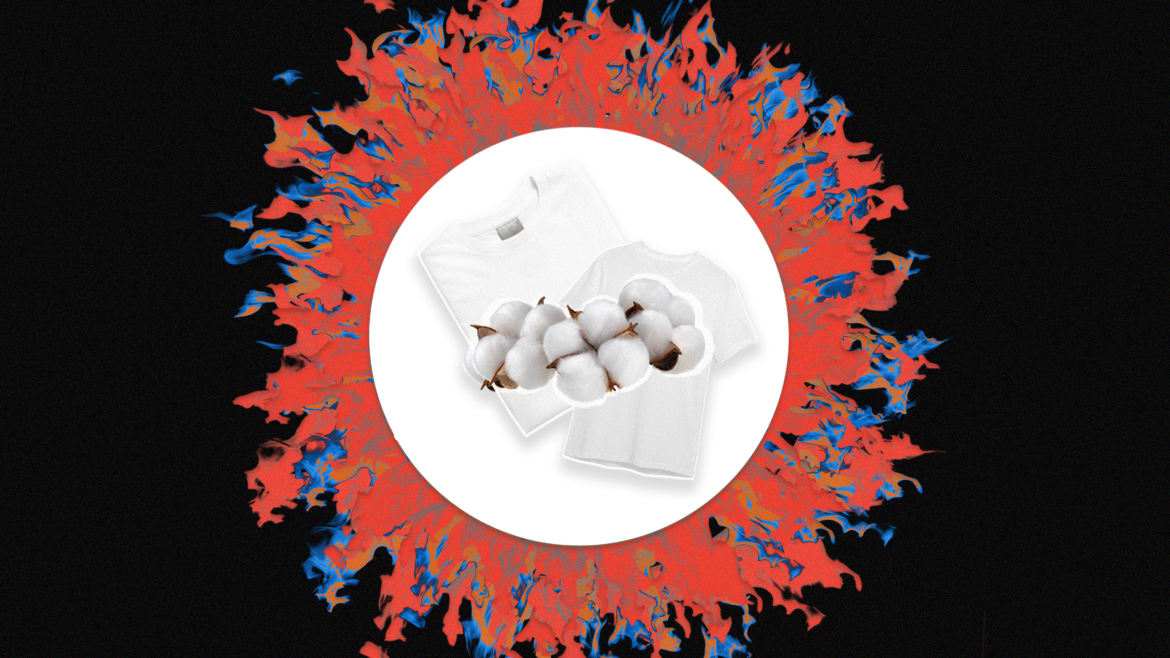Photo Illustration by Erin O’Flynn/The Daily Beast/Getty Images
If gas stove discourse has exposed you to the wonderful world of everyday exposures to environmental pollution, might I suggest another culprit that is guaranteed to get your knickers in a twist? Flame retardants are chemicals that are used to treat every manner of household item, from mattresses to electronics to building insulation to the clothes on your back. They slow the spread of fire, but at a cost: In recent years, scientists have tied these chemicals (of which there are hundreds) to immune disruption; reproductive harm; cancer; fetal development issues; and neurologic dysfunction.
And that’s all before a fire actually starts. Firefighting foam used to extinguish blazes may contain perfluoroalkyl and polyfluoroalkyl substances (PFAS), so-called forever chemicals that can be toxic to humans.
In a surprising development within the field of materials science, researchers at the U.S. Department of Agriculture have created a kind of cotton that naturally self-extinguishes when set on fire. And they did it by interbreeding existing lines of cotton, meaning that farmers can grow this cotton without a lengthy approval process. A study describing this new line of cotton was published on Jan. 18 in the journal PLoS ONE.

